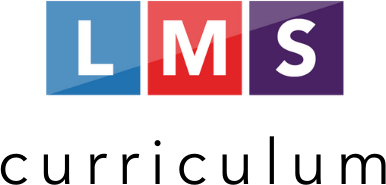Pretty Songs for Ugly Girls
by Rafael Casal

Writing Workshop
Workshop Title: Pretty Songs
Step 1
Start by reading “Pretty Songs for Ugly Girls” by Rafael Casal. When you’re done, simply discuss the text. What message(s) is the poet trying to convey? What is the larger significance of the piece?
Step 2
Ask your students, “How have you seen this poem manifest itself in real life? Why? And where?” Briefly discuss.
Step 3
Say, “Think of a subject in line with ‘pretty girls’ and ‘ugly girls’ and the role that they play in society. Simply jot down everything that comes to mind.” Then give them a few minutes to brainstorm.
Step 4
Ask your students to compose a poem similar in sentiment to “Pretty Songs for Ugly Girls” in which they comment on the state of appearances and the role they play in society.
Step 5
When the students are done, have them share their responses with one another.
Analytical Lesson
Area of Focus: Various
Step 1
This lesson allows students to analyze various concepts and skills, so it is recommended that you have covered several of the “standalone” lessons before assigning this one.
Step 2
Watch the following monologue from the film Barbie. Then hold a brief discussion about the scene and the role appearances hold in society.
Step 3
Now read “Pretty Songs for Ugly Girls” by Rafael Casal. As you are reading, ask your students to pay attention to the message of the piece and how it works as an addendum to the scene from Barbie. How does the poem add to the larger conversation? When you’re done reading, briefly discuss.
Step 4
Ask your students to open the following document and go over the instructions with them. In this assignment, your students are going to write a poem – from the perspective of one of the characters – that reiterates or reflects the message of the piece. When you’re done going over the instructions, give your students time to work.
Step 5
Once your students are done, have them share their pieces aloud.
Essay Materials
Lesson Details
Lesson Info
Focus
- Various
Themes
- Body / Body Image
- Children / Youth
- Gender / Gender Identity / Gender Expression / Sexism
- Mental Health
Literary Tags
- Diction
- Figurative Language
- Selection of Detail
- Structure (Rhyme Scheme)
- Tone
